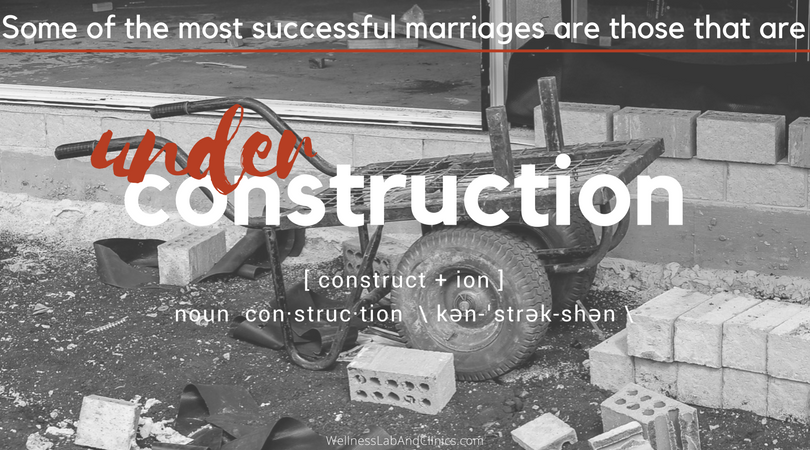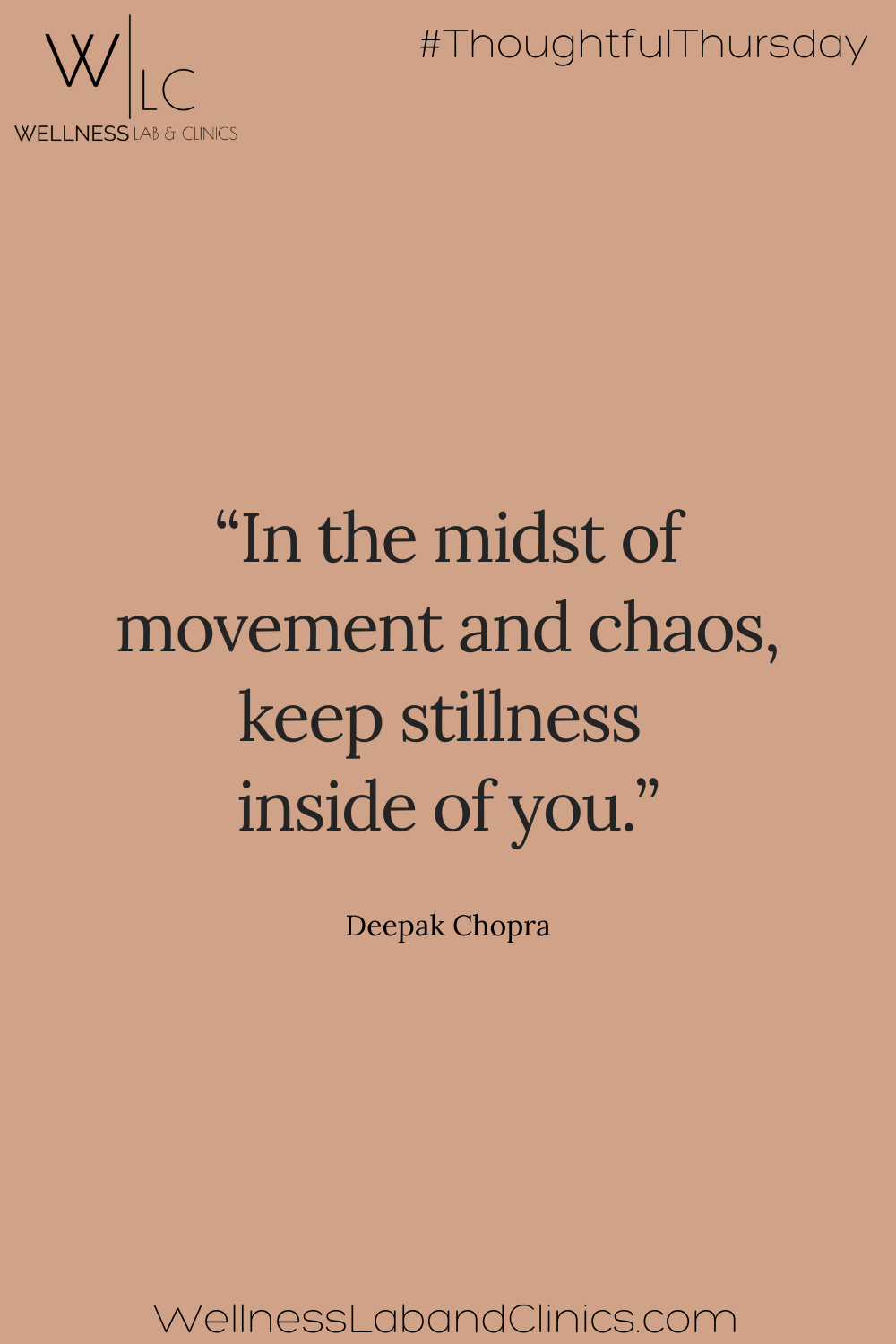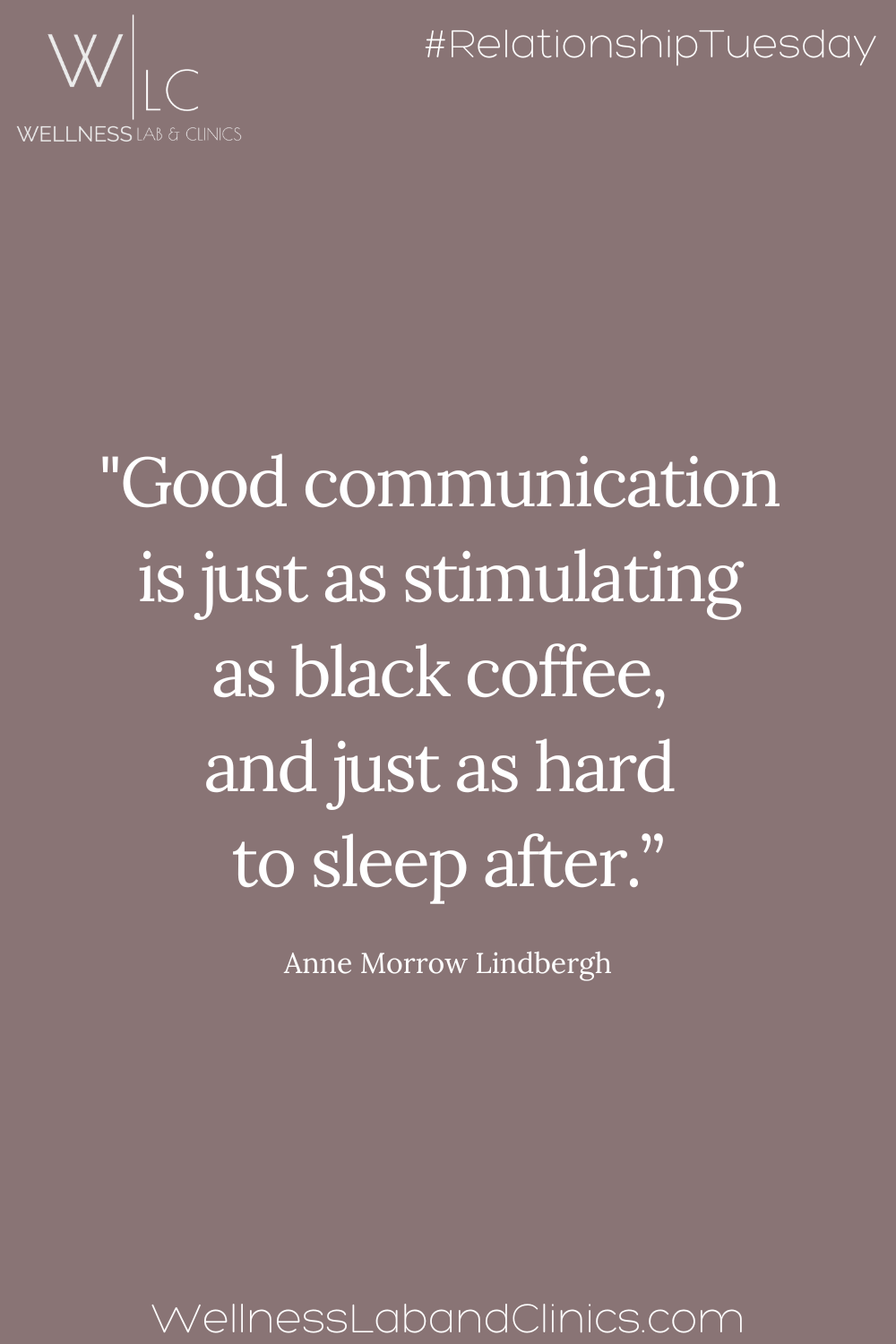Seeing progress through the rubble
/"Construction", according to Webster's Dictionary, can be defined as "the act or result of construing, interpreting, or explaining".
"Construction", according to relationship work can be defined as an authentic work on the part of an individual or both parties in a relationship that requires action, intention, and a sincere effort toward growth.
When partners choose to engage in the work of connection, there is an acknowledgment that the relationship as a whole is constantly reinventing itself. From basic salutations in the morning to intense emotions within conflict, vulnerability is in high gear because the relationship itself is priceless. Couples can get stuck in conversations where the perception of the other partner becomes small ("he is always so judgmental") or the experience itself becomes fixed ("whenever we go to my mom's it turns into a catastrophe").
Holding onto this minimized perspective can reduce any relationship into feelings of incompatibility, hopelessness, and detachment.
How can a couple wade through the rubble of their relationship and still see progress?
P R A C T I C E
It's time to use communication as a tool to connect. As primitive as it may seem, the art of dialogue can help you see the progress while in the midst of what may seem tumultuous construction.
- Consider the source.
This single statement can be one of the maternal voices of reason when hearing unfavorable information with the ability to overlook what is actually being said. While it can be beneficial in that form, try considering the source as a way to remember the person who is speaking these words to you is one whom you chose as a partner, has qualities that reach far beyond this single dialogue, and most likely has similar goals for a healthy and prosperous relationship. - Use your voice.
There is power in your words. You can reinvent your entire relationship with just a few choice words "for better or for worse". Our speech (and our silence) has significant influence - you can encourage and build up your partner ("the way you handled that entire episode was remarkable") or your relationship ("this was really hard to talk through, but I am glad we got to experience this together than alone"), or you can use it to diminish your partner and/or relationship. - A note of thanks.
It is no surprise that taking on the perspective of gratitude can dramatically convert a seemingly purposeless and defeating experience into one that can be used for growth and transformation. One practice I have couples in relationship therapy complete is expressing appreciation daily and using a set of Gratitude Prompts.
HERE are a few you can begin using today:
- What is there about this challenge/difficulty that you are thankful for? (e.g., What have I learned? How have I grown?)
- What is one thing you see every day in your partner that you’re grateful for?
- What is working in our relationship right now? What is different today than a year ago that you’re grateful for?
The quality of your relationship can be closely tied to how you perceive the moments when you feel things are not as you had initially hoped or dreamt that would be. When your relationship ideals have been shattered, how can a partnership experience hope and restoration?






